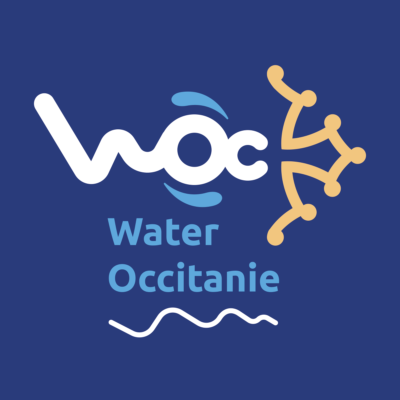


Current global changes are shaking up our certainties as to how we can make our societies resilient to water-related issues, even though they are ancient: hydrological extremes (floods and droughts), access to water for all and conflicts of use, water pollution and protection of the resource from multiple contaminants.
The regional scientific community has adopted a multidisciplinary approach to provide answers to these cross-cutting issues that affect all areas of our societies and contribute to achieving the UN Sustainable Development Goals.
The regional research projects aim to initiate a solid dialogue between scientific and socio-economic actors in order to converge efforts towards an adaptive and integrated management of water and territories.
The Occitanie Region expects strong impacts of climate change in terms of rainfall and temperature. At the same time, the attractiveness of the region implies a strong growth of urban centres. These phenomena contribute to increasing tensions on the quality and availability of a resource mobilised for multiple uses: agriculture, energy, development of cities, semi-urban and isolated rural areas, and tourist areas.
The laboratories involved in the WOc key challenge address all of these water-related issues in interaction with a socio-ecosystemic approach integrating small and large water cycles. To do so, they mobilise a broad spectrum of disciplines, from hydrology to social sciences, process engineering and agronomy, as well as recognised experience in interdisciplinarity and collaborative research with water management stakeholders.
The consortium relies on 33 research units located in Occitania, bringing together 471 researchers and research teachers. The consortium thus brings together all of the Region's academic strengths in the field of water.
